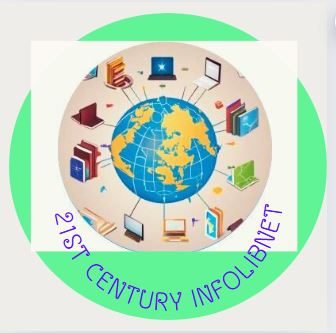
Introduction:
Libraries play an important role in providing access to information and knowledge. In recent years, libraries have also emerged as key players in addressing climate change and promoting environmental sustainability. By transforming themselves into centers for environmental education and climate action, libraries can empower communities to take positive steps towards a sustainable future. In this blog post, we will explore the initiatives and strategies that libraries are adopting to transform themselves into hubs for environmental education on climate action.
1. Creating Climate Action Strategies:
Libraries are partnering with organizations like the Sustainable Libraries Initiative (SLI) and the American Library Association (ALA) to develop comprehensive climate action strategies [1]. These strategies focus on climate change mitigation, adaptation, and justice, enabling libraries to reduce greenhouse gas emissions, strengthen community resilience, and address the adverse impacts of climate change on marginalized communities.
2. Engaging the Community:
Libraries are actively engaging their communities in climate action through various programs and initiatives. They organize film screenings, community dialogues, and events to raise awareness about the climate crisis [2]. By providing a platform for discussions and sharing of ideas, libraries encourage community members to take action a4.nd make sustainable choices.
3. Providing Climate Information:
Libraries are expanding their collections to include a wide range of resources on climate change and sustainability. They offer books, documentaries, and online databases that provide accurate and up-to-date information on climate science, renewable energy, sustainable practices, and more. By making this information accessible to the public, libraries empower individuals to make informed decisions and take climate-friendly actions.
4.Green Building Projects:
Libraries are embracing sustainable building practices to reduce their environmental impact. They are implementing energy-efficient technologies, utilizing renewable energy sources, and incorporating green design principles in their infrastructure [3]. These green libraries serve as living examples of sustainable practices and inspire visitors to adopt similar measures in their own lives.
5. Collaborative Partnerships:
Libraries are forging partnerships with local organizations, universities, and government agencies to enhance their climate education initiatives. These collaborations enable libraries to access expertise, resources, and funding for implementing impactful programs. By working together, libraries and their partners can create a stronger collective impact on climate action.
Learn more:

